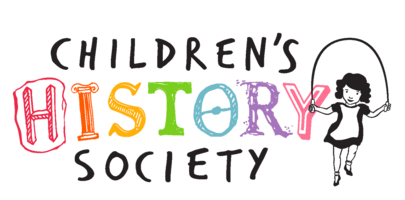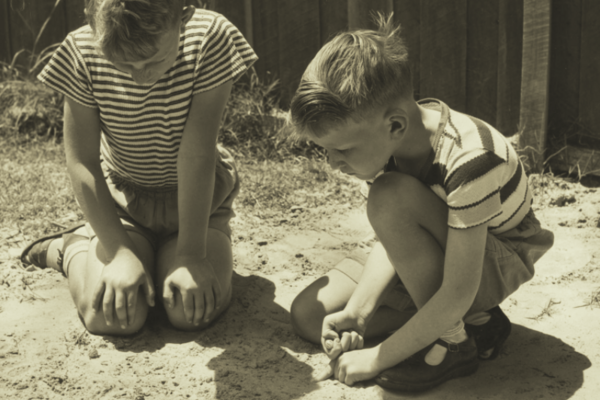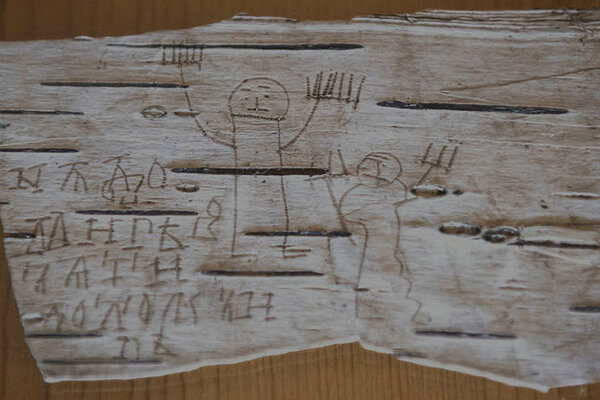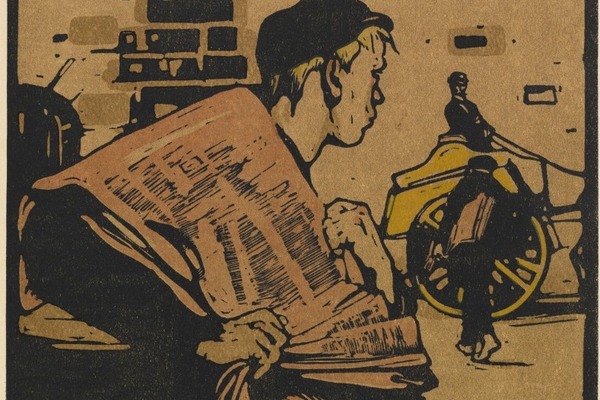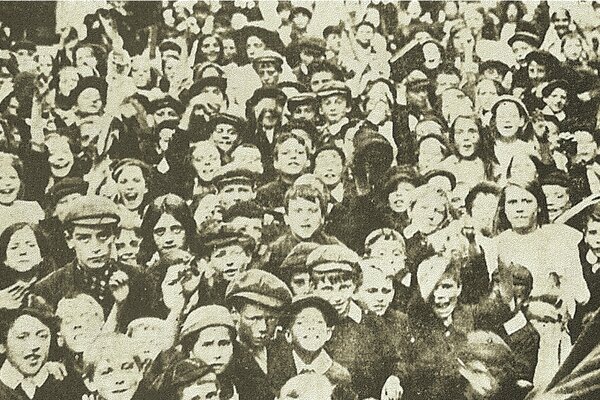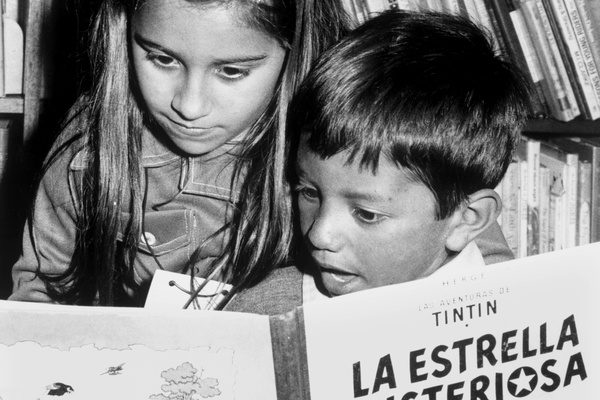We are delighted to share this list of children’s folklore resources, including archives, scholarship, and online resources. It has been compiled by Australian folklorists Judy McKinty, Gwenda Davey and June Factor. With thanks to Children’s History Society member and scholar Emily Gallagher.
Major children's folklore collections
The following folklore collections and archives provide at least some access to digitised and online material.
The Iona and Peter Opie Archive
Iona and Peter Opie were folklorists who pioneered the study of childhood culture, past and present, in Britain. They were well known for their many classic books.
Beginning in the 1950s, they broke new ground by undertaking a national survey of schoolchildren aged 8–14 years. The children described the many kinds of games they played, as well as rhymes, chants and songs, word play, sayings and jokes, game terminology, and beliefs and customs.
Today, their papers and recordings, together with their research notes, correspondence and publication materials, are now deposited in a number of different institutions. The Opie Archive is a digital project that seeks to bring together a wealth of their records and make them available via a single interface.
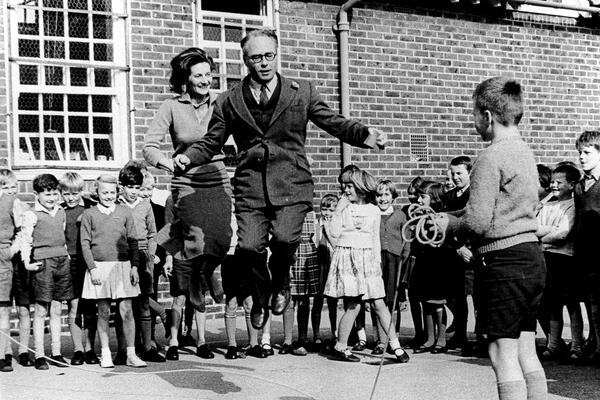
“Although Iona…and I will never be able to make use of all the material we have assembled, nor can see even to what use it may be put, I am beginning to think we can be confident that, provided it survives, it will be appreciated by somebody some day.”
Peter Opie, 1969-73 accession diary (Bodleian Libraries, University of Oxford, MS. Opie 316).
Australian Children's Folklore Collection, Museum Victoria
The Australian Children's Folklore Collection (ACFC) brings to Museum Victoria a direct and personal voice from children at play. It is one of the largest and most significant archives of its kind in the world, reflecting Australia's cultural and regional diversity.
The ACFC germinated with research in the 1970s and 1980s by Dr June Factor (then an academic at the Institute of Early Childhood Development) and Dr Gwenda Davey.
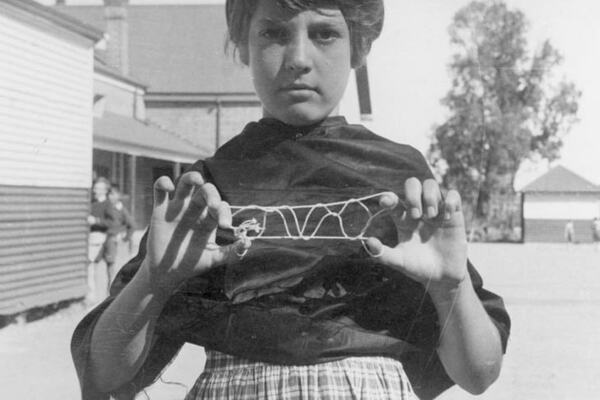
It documents children's verbal folkloric traditions from the 1870s to the present. It includes more than 10,000 card files and over 1,000 pages of letters recording children's games, rhymes, riddles, jokes, superstitions, taunts and chants; over 300 traditional and homemade play artefacts; photographs and audiovisual material; and field and research studies.
If you know of a children's folklore collection that we have missed, please let us know by sending us a message.
